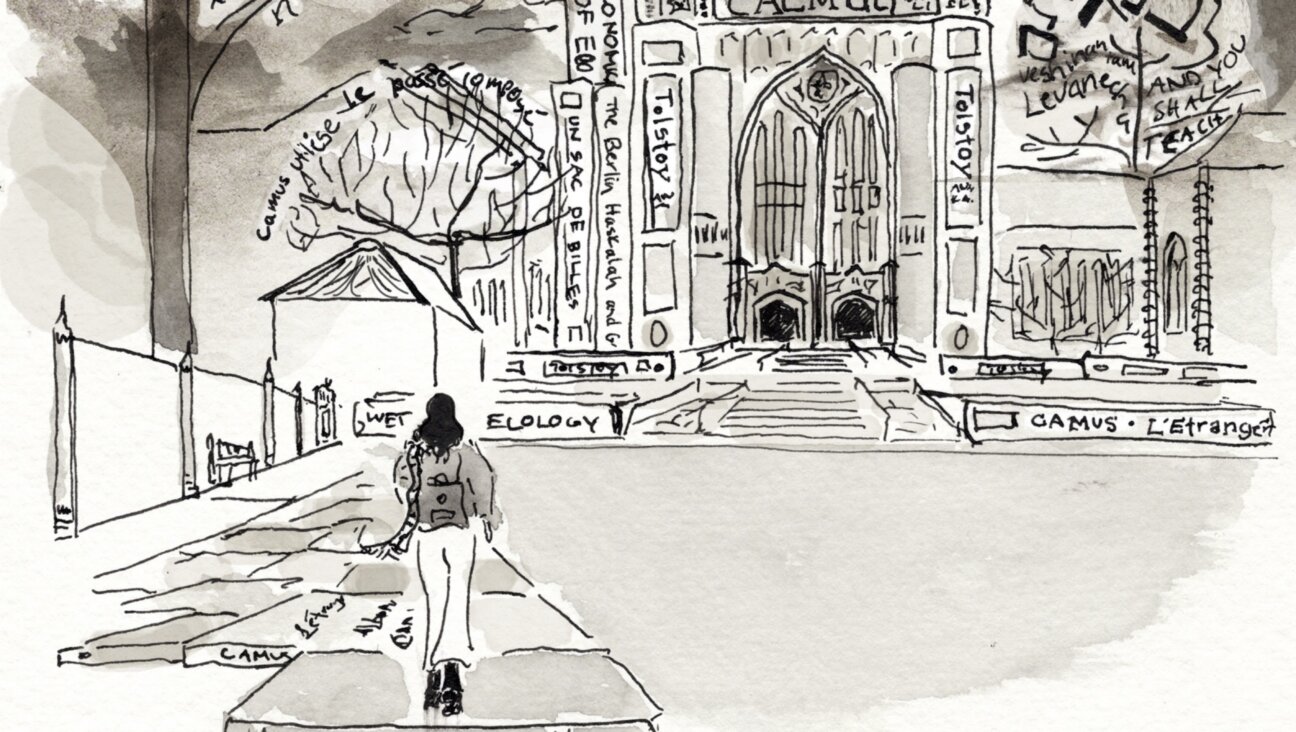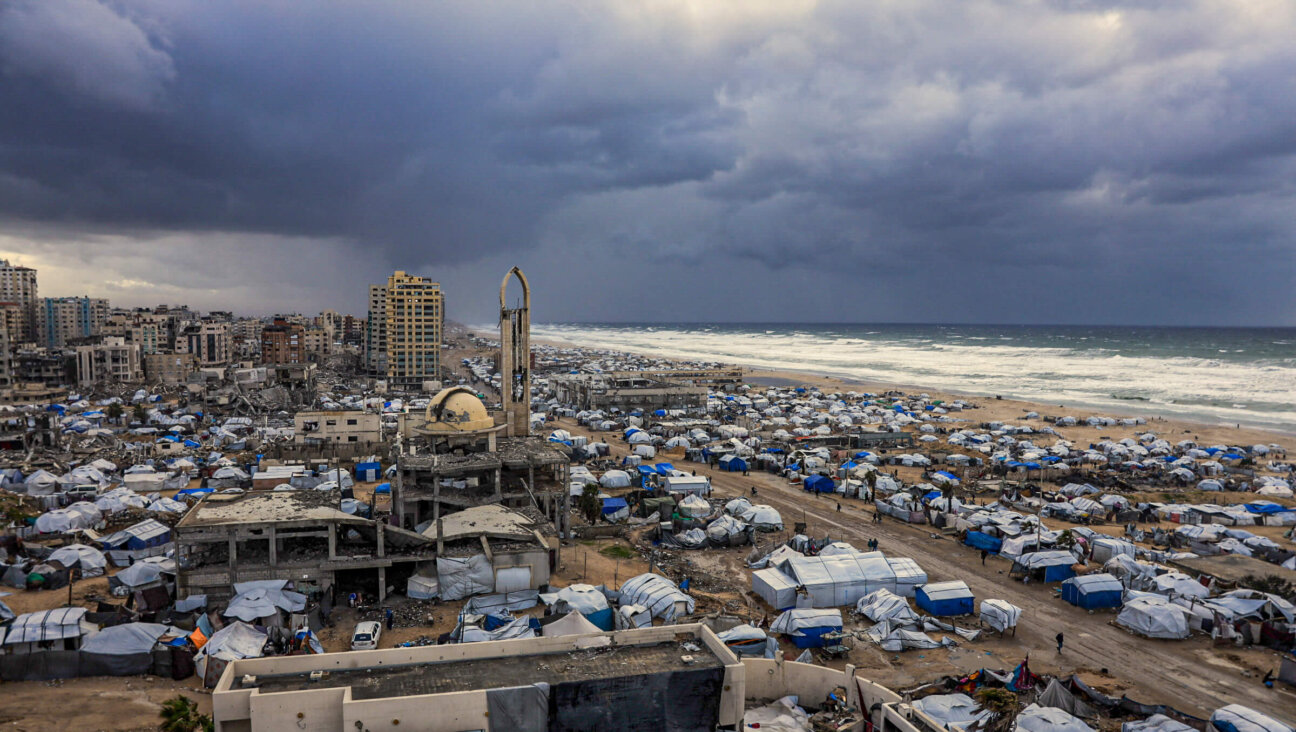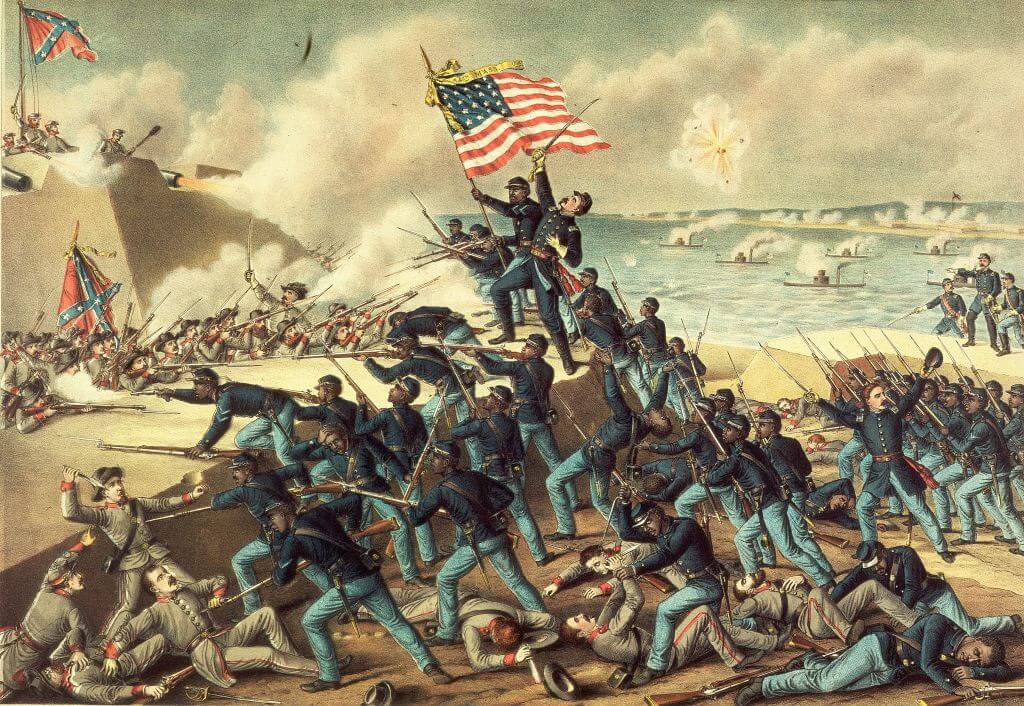War in the Age of Wiki
To even skim through some of the 92,000 reports contained in the six-year archive of classified military documents made public by WikiLeaks is an exercise in extreme frustration. The Sisyphean struggle to combat the Taliban in Afghanistan is made clear page after page. The toll of war on the civilian population is not only horrifying, but risks being self-defeating, as ordinary Afghans turn against American soldiers and Marines trying desperately to find a kind of success that has eluded foreign powers in Afghanistan for decades.
Much has been made of the analogy between these leaked documents and the publication of the Pentagon Papers during the Vietnam War, but the comparison is incomplete and the differences instructive. The documents released in 1971 detailed four decades of decision-making at the highest level of government, and revealed the extent to which top officials had deliberately deceived the American public about the conflict in Vietnam.
The WikiLeaks documents posted on July 25 and published in the New York Times and other newspapers are low-level, often unverified accounts that contain few revelations but do offer an unvarnished look at this convoluted war. If all this publication did was raise public awareness, then it was worth the controversy. Unless you are among the minority of Americans with loved ones fighting there, Afghanistan may be just another infuriating daily headline. Now, for a moment, it can’t be ignored.
Inevitably, this troubling information is fueling antiwar sentiment and further disenchantment with the Obama administration’s policy to provide more troops and funding to fight the Taliban. No matter how difficult the task, America cannot walk away now — the frightening unknown consequences if we immediately quit Afghanistan outweigh the considerable costs of continuing the mission.
But this Wiki reminder of the messiness and futility of war should add a heavy dose of skepticism to the public’s attitudes about the value of this conflict and its toll on American lives and treasure. With an untrustworthy government in Kabul and unreliable allies in Pakistan, and now these fresh accounts from the ground, the American mission seems even more questionable.
















